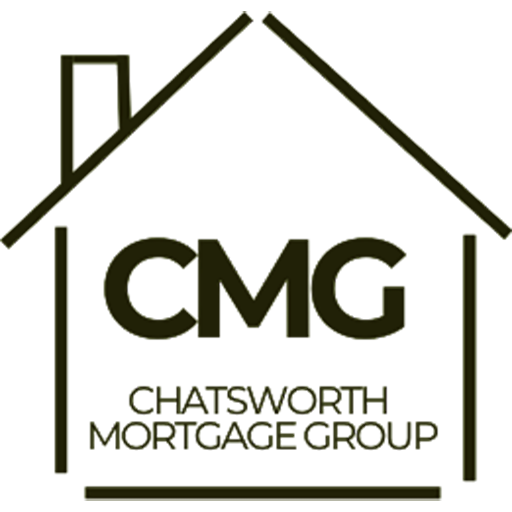Buy to let is a popular way to generate passive income and build long-term financial security through property investment. Whether you’re purchasing your first rental property or expanding an existing portfolio, choosing the right mortgage and structure is key to making the investment work. The buy to let market operates differently from standard residential purchases, so having the right support and advice can save you money, reduce risk, and improve your returns.
From understanding rental yield to managing tax implications, getting the foundations right makes all the difference.
Why You Need Expert Support for Buy to Let
Higher rate taxpayers purchasing a property in their personal name
If a higher rate taxpayer purchases a property in their personal name, they will be exposed to 40% Income Tax on their rental profits and subject to restriction of tax relief on their mortgage interest payments.
Due to these disadvantages, individuals are forced to consider alternative ownership methods such as a limited company. However, there can be substantial one-off costs involved with transferring a property to a limited company, namely Capital Gains Tax and Stamp Duty Land Tax.
Individuals can avoid this bad set up by purchasing the property in a limited company at the outset. The benefit for higher rate taxpayers in doing this is that the tax rate on the rental profits can be reduced to 19% and they would be entitled to full tax relief on their mortgage interest payments.
Basic rate taxpayers purchasing a property in a limited company
Basic rate taxpayers pay 20% Income Tax on their rental profits and can claim full tax relief on their mortgage interest payments. Further, if the profit from the property is below the tax-free Personal Allowance of £12,570 and this is not already being utilised by other sources of income, the taxpayer will be able to receive the profits from the property tax-free.
As mortgage interest rates are higher in a limited company, basic rate taxpayers can be worse off by owning properties in a limited company as the tax rate is almost the same and they would be taxed again if they ever wanted to withdraw any of the rental income from the limited company.
To avoid this bad set up, basic rate taxpayers may be better off by owning properties in their personal name to take advantage of the lower mortgage interest rates and they would be able to access the rental income without any further tax implications.
Individuals purchasing a property in their personal name whilst owning other assets
Individuals who plan to purchase rental properties to hold for the long term and want their children to inherit them when they pass away must carefully consider Inheritance Tax.
There is an Inheritance Tax nil rate band of 325,000 plus a further £175,000 if you own your main residence.
This means that if an individual owns another asset which is already worth more than the Inheritance Tax nil rate bands, such as a main residence, they would be exposing their equity in their rental properties to an Inheritance Tax charge at the rate of 40% when they pass away.
This bad set up can be avoided by purchasing properties in a limited company. If a limited company is structured correctly, individuals can incorporate passing growth in property value to children and out of their Inheritance Tax estate to protect their property wealth for their children and bloodline.


